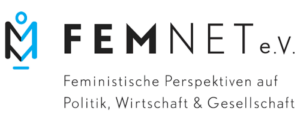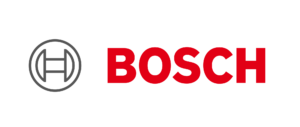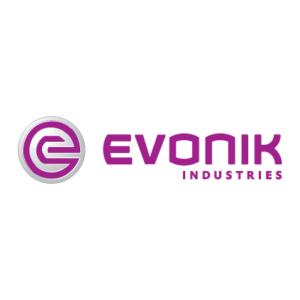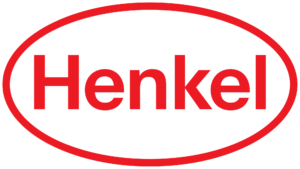Bridging the gap between theory & practice
Sustainable Management and Corporate Social Responsibility are significant themes with regard to the current discussion about the role of business in society. Join and learn how to understand and apply these new management tool with respect to strategy, operations, customer benefits, social value and commercial success. At the Sustainability Masterclass hosted by CASM and the CBS, well-known management and startup professionals as well as company representatives discuss these issues in detail. All postgraduates, as well as master and bachelor students and interested colleagues and friends are invited to join us for this open lecture series supported by the Dr. Juergen Meyer Foundation.

















